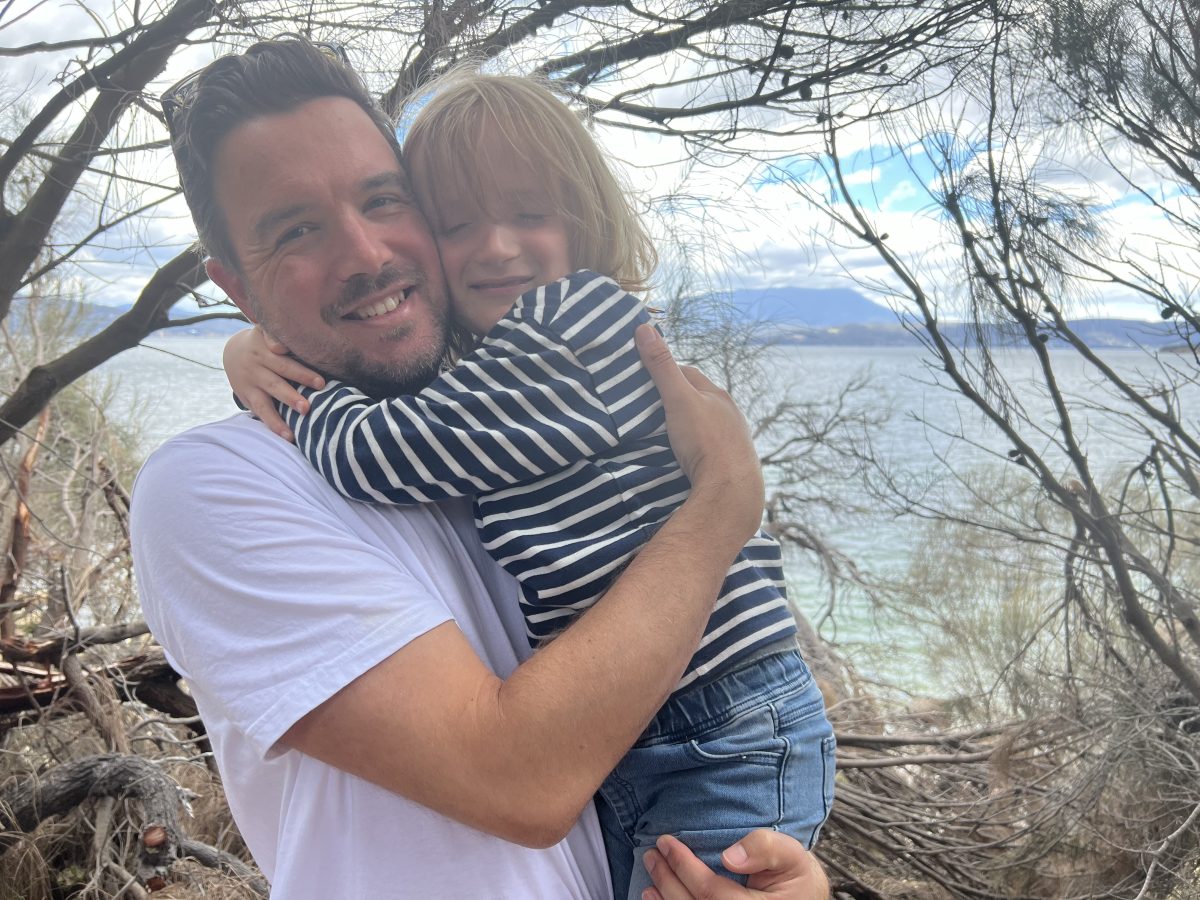Fatherly Advice: Lessons, Learnings and Tips from Fathers and Father Figures

At Kindred, we believe in the power of shared experiences. We’ve gathered insights from fathers, grandfathers, uncles, and other important father figures within our community, who share some of the most important lessons they’ve learned, as well as practical tips and guidance they’ve picked up along the way.
Whether you’re just starting out, or are further along in your journey, this advice is here to support and inspire you as you navigate the joys and challenges of fatherhood.
Embracing Your Child and Your Journey
- Let go of your preconceived ideas of what you thought fatherhood would look like. Focus on your child and find joy in sharing what they love.
- Raising a child with a disability is still raising a child. The responsibilities you have as a father and as a parent are the same but different. You can control less than you think you can but can influence more than you realise. By focusing on hope and possibility, you’ll start to see more things to be hopeful about, and more examples of what might be possible.
- Acceptance is key. Acceptance that people may not understand the challenges and complexities of being a special needs parent and acceptance that life is different and some relationships may change.
- Just because your path is different doesn’t make it less. Focus on what brings your child and your family happiness.
- Never believe that your kid won’t love you.
The Power of Being Present
- Focus on quality time. All you need is a couple of minutes, a few times throughout the day, and it’s going to make a world of difference in a positive way.
- The greatest present you can give your child is your presence. Be involved. Read… play… feed… change… play some more… talk… sing… did I mention play? By all means, have big dreams, but focus on the small steps to get there.
- Stop, slow down and be in the moment. Even if you’re going along to all the appointments and dealing with how to help and support your child. Remember, it’s those little moments that you share with your child that matter.
Patience and Understanding
- It’s not about changing your child but meeting them where they are, understanding their needs, and supporting them in their unique way.
- There’s a reason behind every behaviour, and understanding this can really help.
- In those challenging times, when your child is having a meltdown or struggling with anxiety, remember that it’s not about you; it’s about them. At that moment, they are the ones having a really rough time, and while that might be difficult for you, it’s important to remember what they are going through.
- I’ve learnt the importance of being patient. Be patient with your kid, with your wife, and with the people and systems we have to navigate.
- There is no one-size-fits-all approach that is going to work for every child. No matter what I learn, I have to apply it to my daughter, and how I apply it is going to be different from how someone else might apply it to their child. At the end of the day, you need to trust yourself because you know your child best.
Support and Connection
- Once you’ve addressed the immediate priorities like critical health, and finance stuff (or preferably while this is going on) – get help. Vent to someone who isn’t your partner. It doesn’t have to feel like ‘whining’. It’s something I wish I’d done sooner.
- Your friends may not know how to deal with your situation. They might even downplay it so they can ‘cope’. But by talking about your day-to-day experiences, you can actually help them understand.
- Getting support from or sharing with people who understand is very helpful, including meeting other special needs dads.
- I didn’t realise how beneficial connecting with others who understood what I was going through would be until after I did it. And it wasn’t about other dads whose children had the exact same disability. It was just about connecting with people who were on this path, fathers of kids with all different kinds of disabilities who understood the struggle because they are living it too.
- You don’t have to reinvent the wheel — by sharing experiences and learning from others, you can find comfort and practical solutions.
- Acknowledge your emotions. As men, we are often told that we need to be strong. But it’s okay to feel pain, sadness, and frustration. Allow yourself to acknowledge these feelings, and don’t be afraid to express them, even if it’s just in private moments.
- Get help and seek advice – you don’t have to handle everything alone.
Teamwork in Parenting
- The letters of ‘team’ actually spell ‘mate’ – so be a good teammate. Share the load. Even if you can’t make it to every therapy session, it doesn’t mean you can’t be involved in therapy at home. A good teammate is involved.
- Good teams have great communication! Have a plan, and share a vision for your child and family.
- Mix up parenting responsibilities. Keep a mix of activities as a family, as a couple, one parent with one child and family activities with other families.
- Date nights. Re-sets and talking about something different is so imperative to caring for one another.
- Each having a bucket-filling activity or hobby that gets you out of the house to return more sane is priceless.